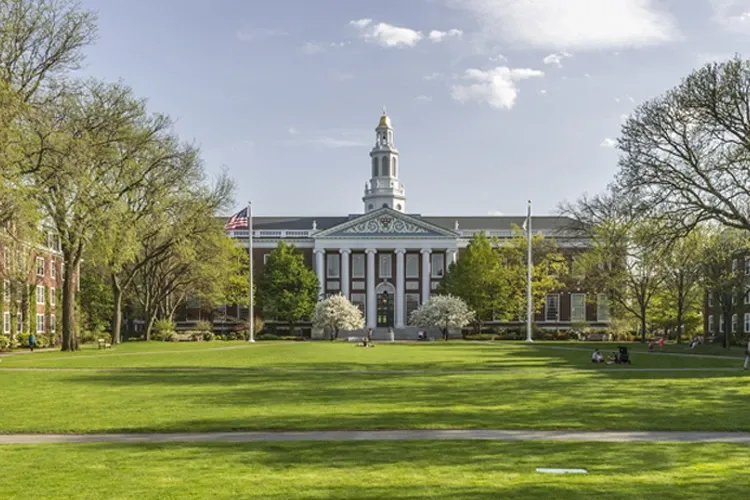Most Americans oppose the consideration of race or ethnicity as a factor in college admissions, according to a new survey from Pew Research Center.
The survey, designed to compare the attitudes of Asian-Americans toward affirmative action with those of other racial groups, asked participants whether they had heard of affirmative action, whether affirmative action is a “good thing” or a “bad thing,” and whether colleges “should consider race or ethnicity when deciding which students to accept to their school.” Some 79% of participants had heard of affirmative action; among these respondents, 36% said that affirmative action is a “good thing” and 29% said the practice is a “bad thing.”
Despite the greater percentage of participants thinking that affirmative action is a “good thing,” 82% of respondents responded “no” when asked whether colleges “should consider race or ethnicity when deciding which students to accept to their school.” There was broad agreement across racial lines on this question, with 71% of black participants, 76% of Asian participants, 81% of Hispanic participants, and 84% of white participants responding “no.”
Another recent Pew survey on affirmative action asked whether participants approved or disapproved of “selective colleges and universities taking race and ethnicity into account in admissions in order to increase the racial and ethnic diversity at the school.” This wording, with its designation of selective colleges and the goal of diversity, yielded somewhat more mixed attitudes, though a greater share of participants nevertheless opposed race-conscious admissions in this scenario. Some 50% of respondents disapproved, 33% approved, and 16% were uncertain.
Respondents to this survey were divided largely along party lines: 74% of Republicans disapproved of this form of affirmative action while 54% of Democrats approved of it.
These findings stand in apparent contrast with a recent Gallup poll about affirmative action. Two years ago, 62% of Americans polled said they support affirmative action policies for racial minorities, an all-time high since Gallup first began polling about the topic.
Use of race as a factor in college admissions is legal under the precedent set by the Supreme Court in Grutter v. Bollinger, a 2003 case in which the Court held that race may be used in college admissions if it is done solely for the purpose of creating a diverse student body, and only to the extent required to reach a critical mass of minority students.
However, this precedent has been challenged in Students for Fair Admissions v. President and Fellows of Harvard College, a case before the Supreme Court in which a consortium of Asian students alleges that Harvard College uses race excessively in its admissions practices and has violated Title VI of the Civil Rights Act by “penalizing Asian-American applicants, engaging in racial balancing, overemphasizing race, and rejecting workable race-neutral alternatives,” according to the Supreme Court case docket. The consortium has asked the Court to overrule Grutter v. Bollinger and forbid the use of race in college admissions.
The Supreme Court is expected to announce its decision in Students for Fair Admissions Inc. v. President and Fellows of Harvard College this summer.



